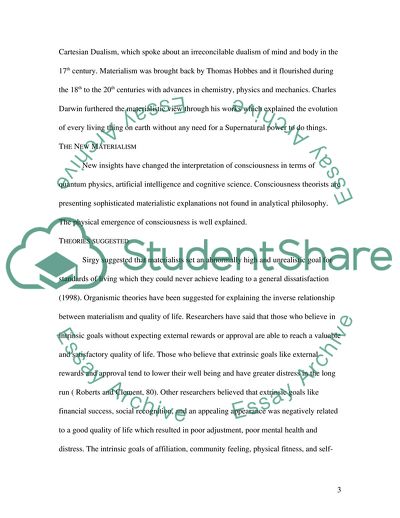Cite this document
(Materialism and Dualism Report Example | Topics and Well Written Essays - 1750 words, n.d.)
Materialism and Dualism Report Example | Topics and Well Written Essays - 1750 words. https://studentshare.org/philosophy/1718215-philosophy-essay-cognitive-science
Materialism and Dualism Report Example | Topics and Well Written Essays - 1750 words. https://studentshare.org/philosophy/1718215-philosophy-essay-cognitive-science
(Materialism and Dualism Report Example | Topics and Well Written Essays - 1750 Words)
Materialism and Dualism Report Example | Topics and Well Written Essays - 1750 Words. https://studentshare.org/philosophy/1718215-philosophy-essay-cognitive-science.
Materialism and Dualism Report Example | Topics and Well Written Essays - 1750 Words. https://studentshare.org/philosophy/1718215-philosophy-essay-cognitive-science.
“Materialism and Dualism Report Example | Topics and Well Written Essays - 1750 Words”. https://studentshare.org/philosophy/1718215-philosophy-essay-cognitive-science.


